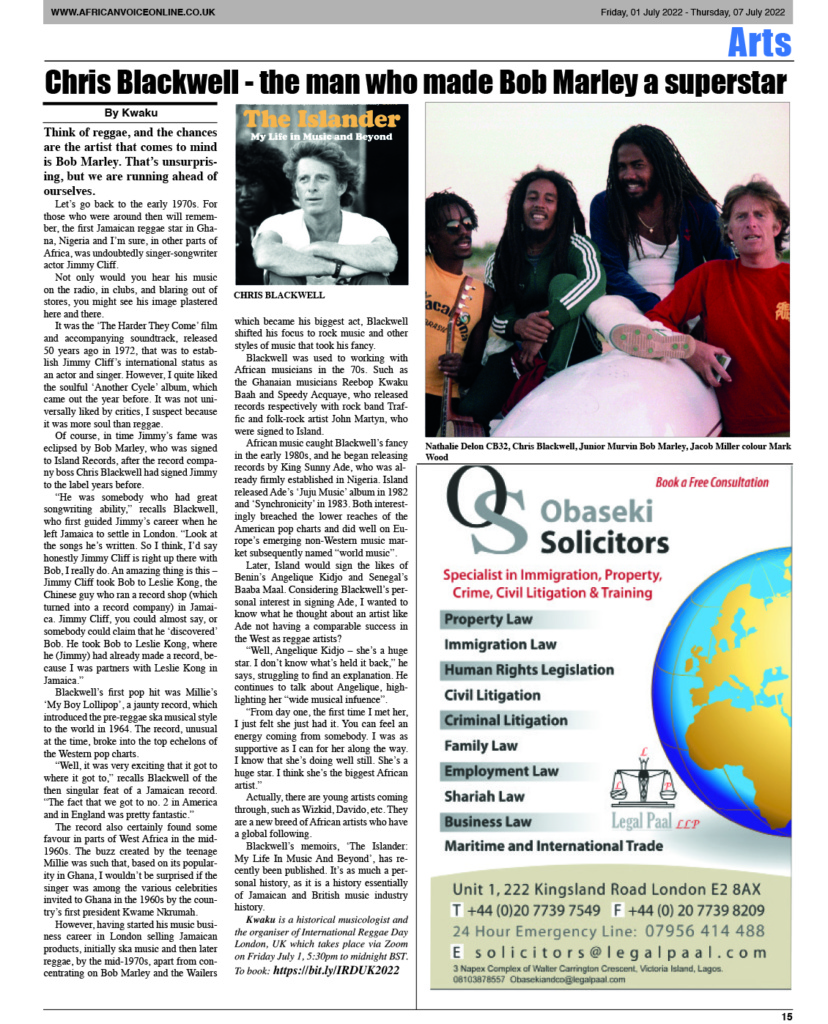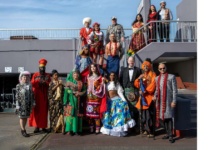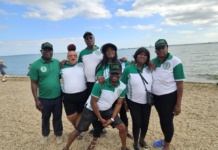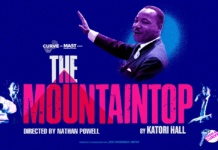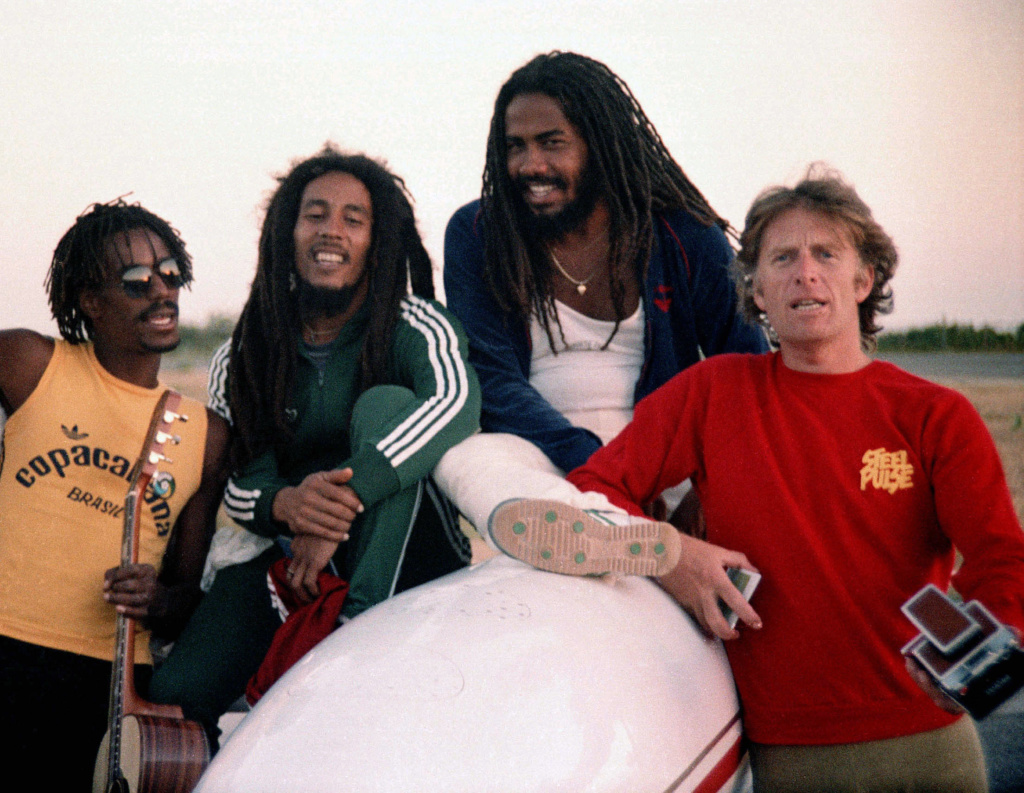
By Kwaku – Think of reggae, and the chances are the artist that comes to mind is Bob Marley. That’s unsurprising, but we are running ahead of ourselves.
Let’s go back to the early 1970s. For those who were around then will remember, the first Jamaican reggae star in Ghana, Nigeria and I’m sure, in other parts of Africa, was undoubtedly singer-songwriter actor Jimmy Cliff.
Not only would you hear his music on the radio, in clubs, and blaring out of stores, you might see his image plastered here and there.
It was the ‘The Harder They Come’ film and accompanying soundtrack, released 50 years ago in 1972, that was to establish Jimmy Cliff’s international status as an actor and singer. However, I quite liked the soulful ‘Another Cycle’ album, which came out the year before. It was not universally liked by critics, I suspect because it was more soul than reggae.
Of course, in time Jimmy’s fame was eclipsed by Bob Marley, who was signed to Island Records, after the record company boss Chris Blackwell had signed Jimmy to the label years before.
“He was somebody who had great songwriting ability,” recalls Blackwell, who first guided Jimmy’s career when he left Jamaica to settle in London. “Look at the songs he’s written. So I think, I’d say honestly Jimmy Cliff is right up there with Bob, I really do. An amazing thing is this – Jimmy Cliff took Bob to Leslie Kong, the Chinese guy who ran a record shop (which turned into a record company) in Jamaica. Jimmy Cliff, you could almost say, or somebody could claim that he ‘discovered’ Bob. He took Bob to Leslie Kong, where he (Jimmy) had already made a record, because I was partners with Leslie Kong in Jamaica.”
Blackwell’s first pop hit was Millie’s ‘My Boy Lollipop’, a jaunty record, which introduced the pre-reggae ska musical style to the world in 1964. The record, unusual at the time, broke into the top echelons of the Western pop charts.
“Well, it was very exciting that it got to where it got to,” recalls Blackwell of the then singular feat of a Jamaican record. “The fact that we got to no. 2 in America and in England was pretty fantastic.”
The record also certainly found some favour in parts of West Africa in the mid-1960s. The buzz created by the teenage Millie was such that, based on its popularity in Ghana, I wouldn’t be surprised if the singer was among the various celebrities invited to Ghana in the 1960s by the country’s first president Kwame Nkrumah.
However, having started his music business career in London selling Jamaican products, initially ska music and then later reggae, by the mid-1970s, apart from concentrating on Bob Marley and the Wailers which became his biggest act, Blackwell shifted his focus to rock music and other styles of music that took his fancy.
Blackwell was used to working with African musicians in the 70s. Such as the Ghanaian musicians Reebop Kwaku Baah and Speedy Acquaye, who released records respectively with rock band Traffic and folk-rock artist John Martyn, who were signed to Island.
African music caught Blackwell’s fancy in the early 1980s, and he began releasing records by King Sunny Ade, who was already firmly established in Nigeria. Island released Ade’s ‘Juju Music’ album in 1982 and ‘Synchronicity’ in 1983. Both interestingly breached the lower reaches of the American pop charts and did well on Europe’s emerging non-Western music market subsequently named “world music”.
Later, Island would sign the likes of Benin’s Angelique Kidjo and Senegal’s Baaba Maal. Considering Blackwell’s personal interest in signing Ade, I wanted to know what he thought about an artist like Ade not having a comparable success in the West as reggae artists?
“Well, Angelique Kidjo – she’s a huge star. I don’t know what’s held it back,” he says, struggling to find an explanation. He continues to talk about Angelique, highlighting her “wide musical infuence”.
“From day one, the first time I met her, I just felt she just had it. You can feel an energy coming from somebody. I was as supportive as I can for her along the way. I know that she’s doing well still. She’s a huge star. I think she’s the biggest African artist.”
Actually, there are young artists coming through, such as Wizkid, Davido, etc. They are a new breed of African artists who have a global following.
Blackwell’s memoirs, ‘The Islander: My Life In Music And Beyond’, has recently been published. It’s as much a personal history, as it is a history essentially of Jamaican and British music industry history.
Kwaku is a historical musicologist and the organiser of International Reggae Day London, UK which takes place via Zoom on Friday July 1, 5:30pm to midnight BST. To book: https://bit.ly/IRDUK2022
Kindly follow us on twitter:@AfricanVoice2

